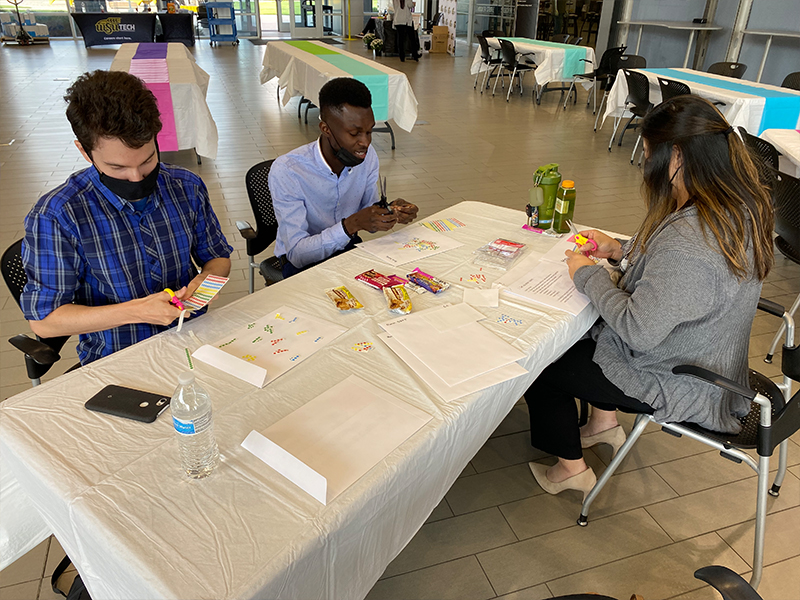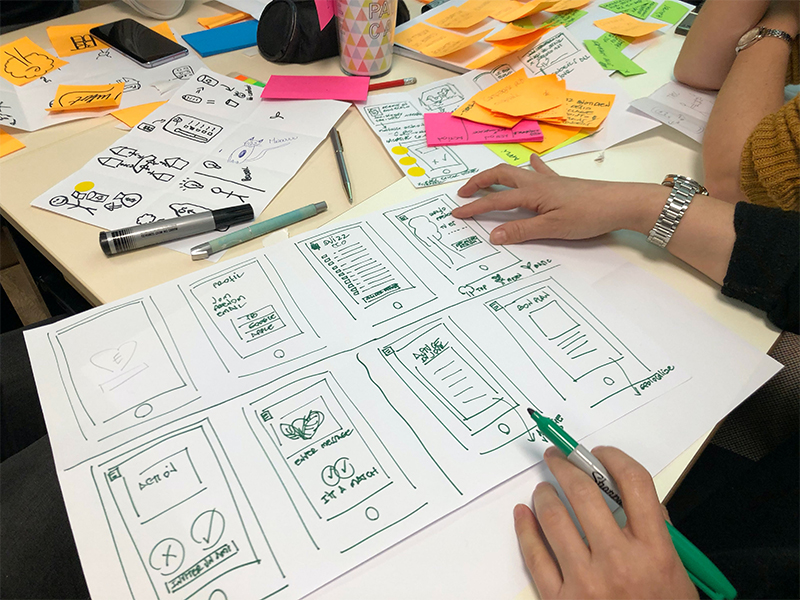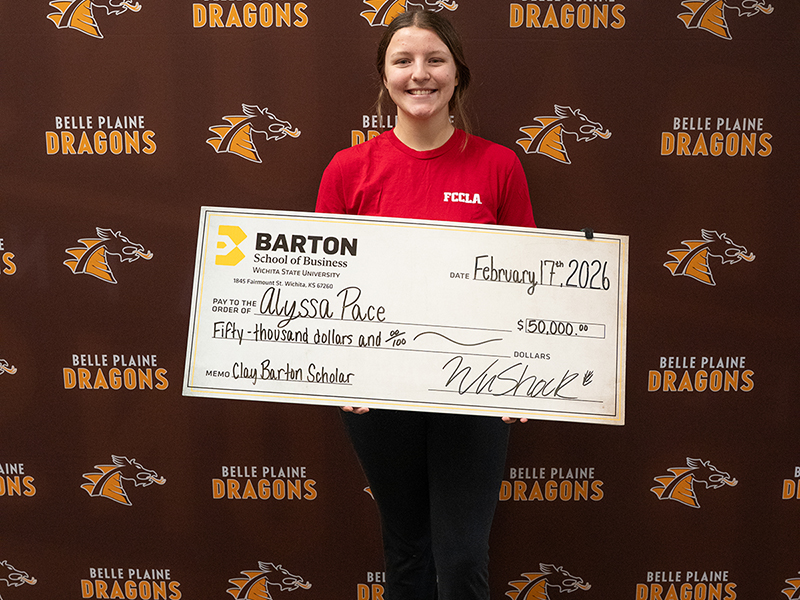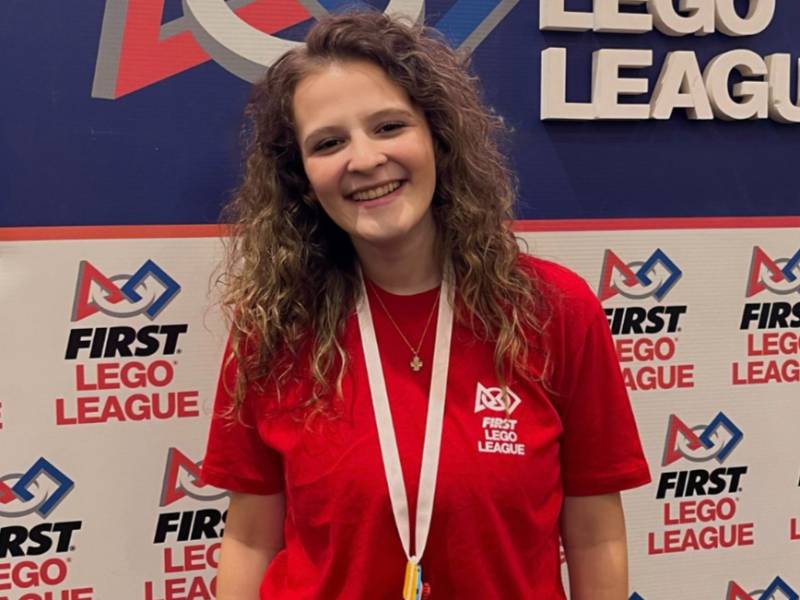Most of the time we ask ourselves various questions when we want to carry out a task or make decisions in our daily life. The truth is, designers like me have even more tasks in deciding and asking the right questions. Not just to design but also for the people they are designing for and trying to answer the possible questions that arises on behalf of potential users so they can get the design going at least to a point where they can start to test with actual users.
I am sure you might be wondering, "How do you know you are asking the right question?" Well, the truth is you can never be too sure until you test whatever you are designing or developing with the actual user but the best way I learned recently from the MID program in the Design thinking courses was to try to always neglect yourself and your opinions and put yourself in the user’s shoes to determine the possible right questions. Then you can be sure that you are designing for these users, not just for you.

I think at this point, I should share my little experience so I can paint a clear picture. I studied as an Architect and worked to design across numerous design fields. I mean from Architecture to interior design to consumer electronics and so on. I have always thought outside the box and focused on aesthetics and less on functionality. This is only natural because I am a designer but don’t get me wrong, I make sure the products/buildings are functional too. But the real problem with this approach so far throughout my career is that I put users in my shoes and don’t totally put myself in their shoes. What do I mean? I always believe that everyone should like something fine and crazy and even sometimes something that seems unrealistic in real life. I don’t take time to think through what I would like or do if I were to be the user looking at their age, status, financial capabilities and so on.
So, My thought and experiences started changing when I did some Graphics and presentation design jobs (haha! Don’t be surprised, I said I did jobs across almost all design fields). I started seeing the beauty in simplicity and noticed sometimes too much is not as aesthetically pleasing as I always thought.

Anyways to cut the long gist short, this semester, I took a few design thinking courses which helped me understand more than just simplicity and thinking outside the box. I understand designing for a user means putting yourself totally in their shoes and creating ideas based on asking yourself the right question as if you were the user, not the designer. Then taking those ideas as a designer to solve the problems with creative solutions that are seamless. Also, thinking outside the box doesn’t always mean doing crazy things that almost don't look feasible (don’t get me wrong, big crazy stuff are good and I will continue to do them when it is required). But understanding what thinking outside the box means to that specific user or users and that particular project is key to the success of the project.






